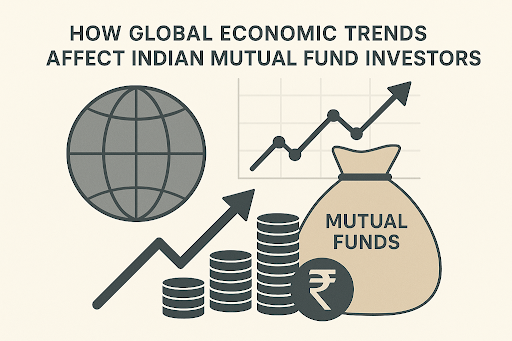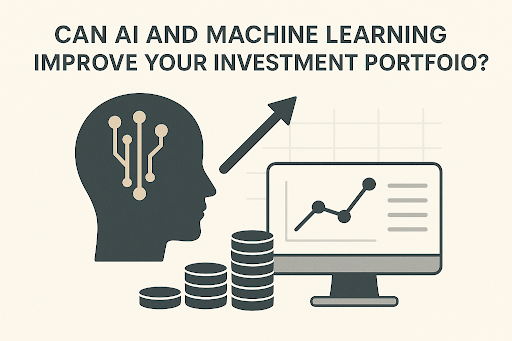Debt Mutual Funds vs. Fixed Deposits: Which One Wins in 2025?
Published 29 Apr 2025
In the evolving financial landscape of 2025, Indian investors are reevaluating traditional savings instruments like Fixed Deposits (FDs) in favor of potentially higher-yielding options such as Debt Mutual Funds (DMFs). This comprehensive analysis delves into the nuances of both, providing a data-driven comparison to aid informed decision-making. Fixed Deposits (FDs): Offered by banks and financial institutions, FDs involve depositing a lump sum for a predetermined tenure at a fixed interest rate, ensuring guaranteed returns. Debt Mutual Funds (DMFs): These funds invest in fixed-income securities like corporate bonds, government securities, and money market instruments, aiming to provide steady returns over time. Here's a detailed comparison based on key parameters: In 2025, the choice between Debt Mutual Funds and Fixed Deposits hinges on individual financial goals, risk tolerance, and tax considerations: For Conservative Investors: FDs remain a reliable choice, offering guaranteed returns with minimal risk, suitable for those prioritizing capital preservation. For Investors Seeking Higher Returns: DMFs present an opportunity for potentially better post-tax returns, especially for those in higher tax brackets who can benefit from tax deferral strategies. It's imperative for investors to assess their financial objectives, risk appetite, and consult with financial advisors to determine the most suitable investment avenue in the current economic climate.Understanding the Contenders
Comparative Analysis
Conclusion



